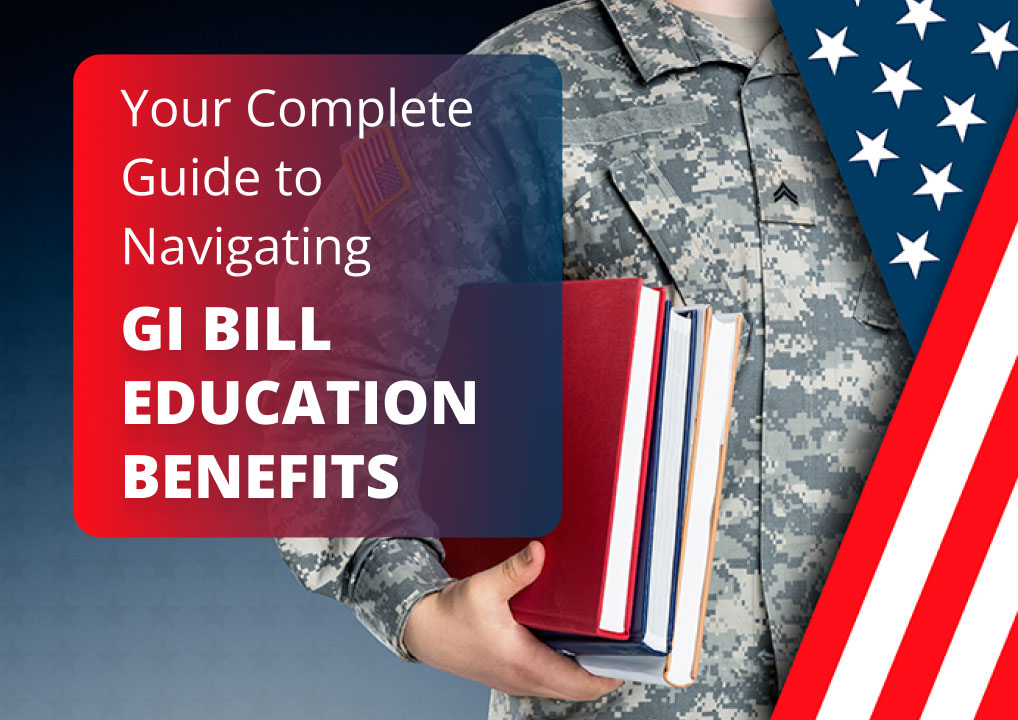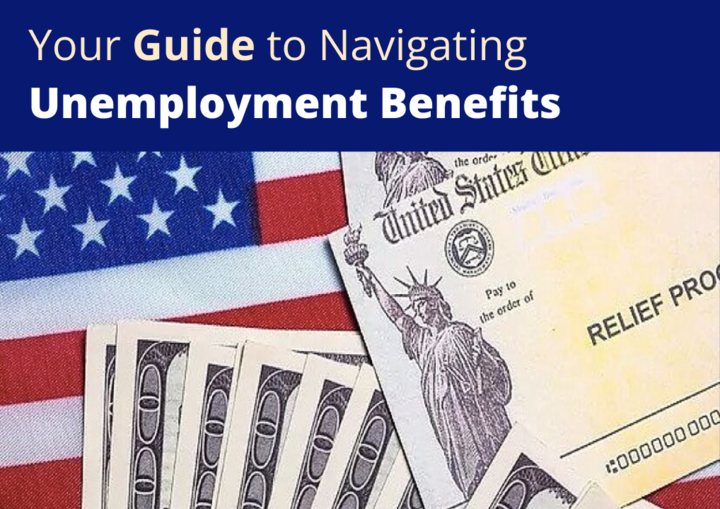Loans are a fundamental aspect of personal and business finance, serving as a means to acquire necessary funds for various purposes. At their core, loans can be categorized into several types based on their intended use, repayment terms, and the nature of the borrower. The most common types include personal loans, mortgage loans, student loans, auto loans, small business loans, and payday loans.
Each type of loan has its own unique characteristics, interest rates, and eligibility requirements, making it essential for borrowers to understand the distinctions before committing to any financial agreement. Personal loans are typically unsecured loans that can be used for a variety of purposes, such as consolidating debt, financing a large purchase, or covering unexpected expenses. Mortgage loans, on the other hand, are secured by real estate and are specifically designed for purchasing homes.
Student loans are tailored for educational expenses and often come with favorable repayment terms to accommodate graduates entering the workforce. Auto loans are secured by the vehicle being purchased and usually have shorter repayment periods compared to mortgages. Small business loans provide entrepreneurs with the capital needed to start or expand their businesses, while payday loans offer quick access to cash but often come with high-interest rates and short repayment terms.
Understanding these categories is crucial for making informed financial decisions.
Key Takeaways
- There are various types of loans, including personal loans, mortgage loans, student loans, auto loans, small business loans, and payday loans.
- Personal loans can be used for various purposes, such as debt consolidation, home improvement, or unexpected expenses, and it’s important to compare interest rates and terms before choosing one.
- When considering mortgage loans, it’s crucial to research and compare different options, such as fixed-rate and adjustable-rate mortgages, to find the best fit for your home purchase.
- Student loans come with various repayment options and interest rates, so it’s important to understand the terms and consider federal and private loan options before borrowing.
- Auto loans can be secured through dealerships, banks, or credit unions, and it’s important to shop around for the best interest rates and loan terms before making a decision.
Personal Loans: When and How to Use Them
Flexibility in Usage
Personal loans can be used for a multitude of purposes, including debt consolidation, home improvements, medical expenses, or even funding a vacation. The flexibility of personal loans allows borrowers to tailor their use according to their specific financial situations.
Assessing Your Financial Health
When considering a personal loan, it is essential to evaluate your financial health and determine whether taking on additional debt is a wise decision. Borrowers should assess their credit scores, as this will significantly impact the interest rates offered by lenders. A higher credit score typically results in lower interest rates and better loan terms.
Comparing Lenders and Loan Terms
Additionally, it is crucial to compare offers from multiple lenders to find the best deal. Some lenders may charge origination fees or have prepayment penalties that can affect the overall cost of the loan. By conducting thorough research and understanding the terms of the loan, borrowers can make informed choices that align with their financial goals.
Mortgage Loans: Finding the Right Option for Your Home
Mortgage loans are a critical component of homeownership, allowing individuals to finance the purchase of real estate over an extended period. These loans are typically secured by the property itself, meaning that if the borrower fails to make payments, the lender has the right to foreclose on the home. There are various types of mortgage loans available, including fixed-rate mortgages, adjustable-rate mortgages (ARMs), and government-backed loans such as FHA and VA loans.
Each type has its own advantages and disadvantages, making it essential for prospective homeowners to understand their options. Fixed-rate mortgages offer stability with consistent monthly payments over the life of the loan, which can range from 15 to 30 years. This predictability is appealing to many borrowers who prefer to budget their finances without worrying about fluctuating interest rates.
Conversely, ARMs typically start with lower initial rates that adjust periodically based on market conditions. While this can lead to lower payments in the early years of the loan, borrowers must be prepared for potential increases in their monthly obligations as interest rates rise. Government-backed loans provide opportunities for those with lower credit scores or limited down payment capabilities, making homeownership more accessible.
By carefully evaluating these options and considering factors such as interest rates, loan terms, and personal financial situations, borrowers can find a mortgage that best suits their needs.
Student Loans: Navigating the Complexities of Education Financing
Student loans play a vital role in enabling individuals to pursue higher education and achieve their career aspirations. However, navigating the complexities of education financing can be daunting for many students and their families. There are two primary types of student loans: federal and private.
Federal student loans are funded by the government and typically offer lower interest rates and more flexible repayment options compared to private loans. They also come with benefits such as income-driven repayment plans and potential loan forgiveness programs for certain professions. When considering student loans, it is crucial for borrowers to understand the terms associated with each type of loan.
Federal loans often have fixed interest rates and do not require credit checks, making them accessible to a wide range of students. In contrast, private loans may have variable interest rates that can fluctuate over time based on market conditions and may require a creditworthy co-signer for approval. Additionally, students should be aware of the total cost of borrowing, including interest accrued during school and repayment terms after graduation.
By carefully evaluating their options and seeking financial aid resources such as scholarships and grants, students can minimize their reliance on loans and make informed decisions about financing their education.
Auto Loans: How to Secure the Best Deal for Your Vehicle
Auto loans are specifically designed to help individuals purchase vehicles by spreading the cost over a set period through monthly payments. These loans are typically secured by the vehicle itself, meaning that if the borrower defaults on payments, the lender can repossess the car. When seeking an auto loan, it is essential for borrowers to shop around for competitive interest rates and favorable terms.
Many factors influence the cost of an auto loan, including credit score, loan term length, and down payment amount.
To secure the best deal on an auto loan, potential buyers should first assess their credit standing and work on improving it if necessary.
A higher credit score can lead to lower interest rates and better financing options.
Additionally, borrowers should consider making a substantial down payment to reduce the overall loan amount and monthly payments. It is also advisable to obtain pre-approval from lenders before visiting dealerships; this not only provides a clearer picture of what one can afford but also strengthens negotiating power when discussing prices with sellers. By being proactive in researching financing options and understanding the total cost of ownership—including insurance, maintenance, and fuel—borrowers can make informed decisions that align with their budgets.
Small Business Loans: Funding Options for Entrepreneurs
Understanding the Diverse Landscape of Small Business Financing
The landscape of small business financing is diverse, encompassing traditional bank loans, Small Business Administration (SBA) loans, lines of credit, and alternative financing options like peer-to-peer lending or crowdfunding platforms.
Comparing Funding Options: Requirements and Benefits
Each option has its own set of requirements and benefits that entrepreneurs must consider when seeking funding. Traditional bank loans often come with lower interest rates but may require extensive documentation and a strong credit history for approval. SBA loans are backed by the government and offer favorable terms for small businesses but can also involve lengthy application processes.
Choosing the Right Funding Option for Your Business
Lines of credit provide flexibility by allowing business owners to borrow funds as needed up to a certain limit; this can be particularly useful for managing cash flow fluctuations. Alternative financing options have gained popularity in recent years due to their accessibility; however, they may come with higher interest rates or fees. Entrepreneurs should carefully evaluate their business needs and financial situations before choosing a funding option that aligns with their growth objectives.
Payday Loans: The Pros and Cons of Short-Term Borrowing
Payday loans are short-term borrowing solutions designed to provide quick cash access for individuals facing urgent financial needs. These loans are typically small amounts borrowed against future paychecks and are often marketed as a way to cover unexpected expenses until the next payday. While payday loans can offer immediate relief in times of financial distress, they come with significant drawbacks that borrowers must consider before proceeding.
One of the primary advantages of payday loans is their accessibility; they often do not require credit checks or extensive documentation, making them available to individuals with poor credit histories. The application process is usually quick and straightforward, allowing borrowers to receive funds within hours or even minutes. However, these benefits are overshadowed by high-interest rates and fees associated with payday lending practices.
Borrowers may find themselves trapped in a cycle of debt if they cannot repay the loan on time; many payday lenders allow borrowers to roll over their loans into new ones at additional costs, leading to escalating debt levels. It is crucial for individuals considering payday loans to explore alternative options such as personal loans or community assistance programs that may offer more favorable terms.
Choosing the Right Loan for Your Financial Needs
Selecting the right loan requires careful consideration of individual financial circumstances and goals. Each type of loan serves different purposes and comes with its own set of advantages and disadvantages that must be weighed against personal needs. Factors such as interest rates, repayment terms, fees, and eligibility requirements play a significant role in determining which loan is most suitable for a borrower’s situation.
Before committing to any loan agreement, individuals should conduct thorough research and compare multiple offers from various lenders. Understanding one’s credit profile is also essential; borrowers with higher credit scores generally qualify for better terms than those with lower scores. Additionally, it is advisable to create a budget that outlines how much one can afford to borrow without compromising financial stability.
By taking these steps—evaluating personal needs, comparing options, understanding credit implications—borrowers can make informed decisions that align with their long-term financial objectives while minimizing potential risks associated with borrowing.
FAQs
What are the different types of loans available?
There are several types of loans available, including personal loans, home loans, auto loans, student loans, and business loans.
What is a personal loan?
A personal loan is a type of loan that is not secured by collateral and can be used for various purposes, such as debt consolidation, home improvement, or unexpected expenses.
What is a home loan?
A home loan, also known as a mortgage, is a loan specifically used to purchase a home or real estate property. It is secured by the property being purchased.
What is an auto loan?
An auto loan is a type of loan used to finance the purchase of a vehicle. The vehicle itself serves as collateral for the loan.
What is a student loan?
A student loan is a type of loan designed to help students pay for higher education expenses, such as tuition, books, and living expenses. These loans may be offered by the government or private lenders.
What is a business loan?
A business loan is a type of loan specifically designed to help businesses with various financial needs, such as starting a new business, expanding operations, or covering cash flow gaps. These loans can be secured or unsecured, and may have specific requirements based on the lender and the business’s financial situation.







